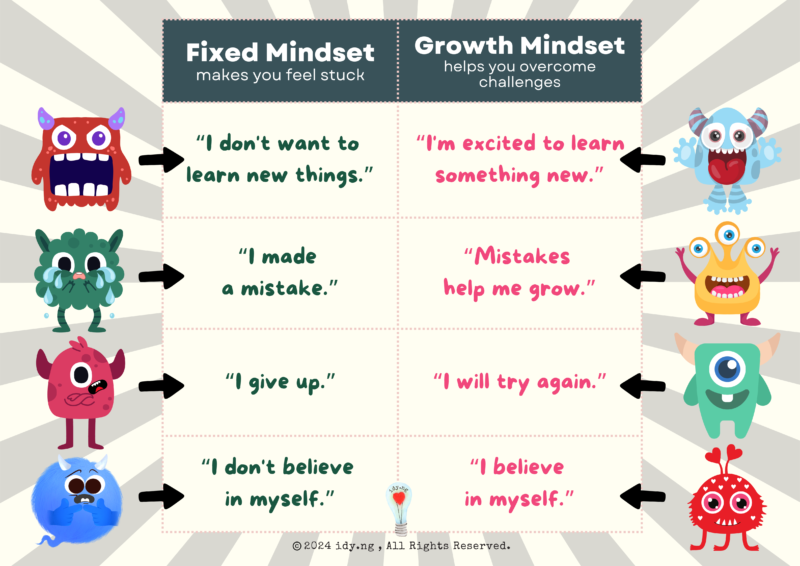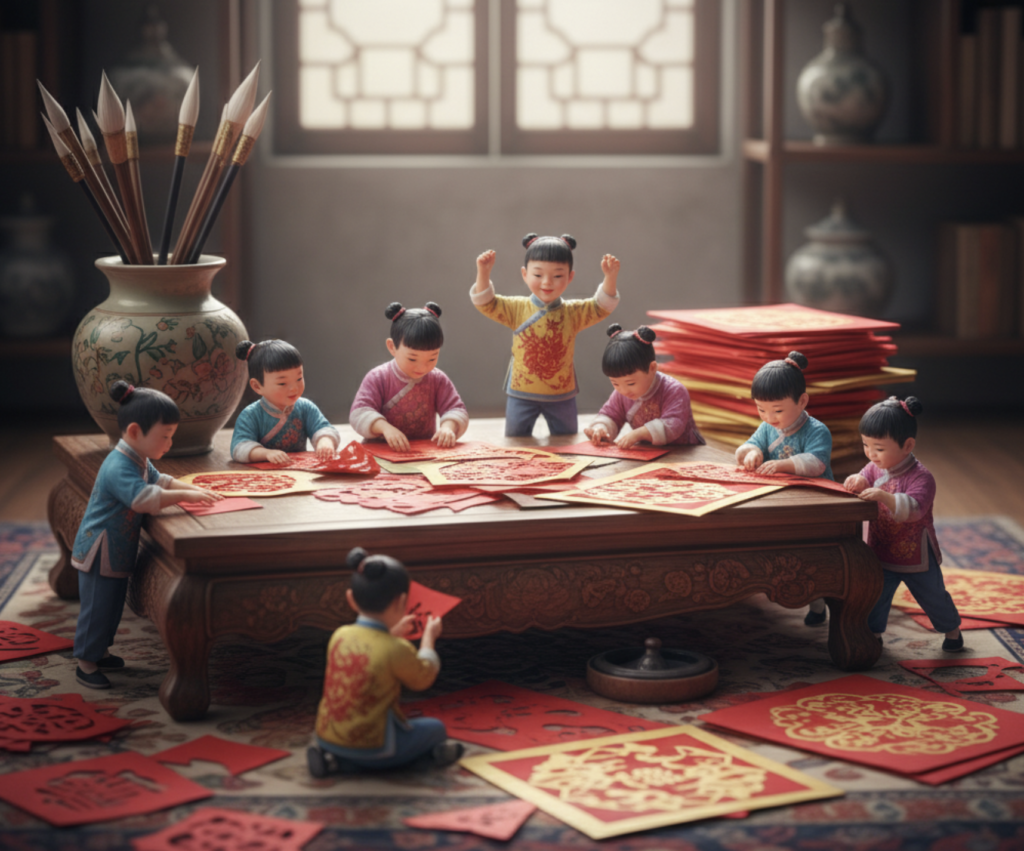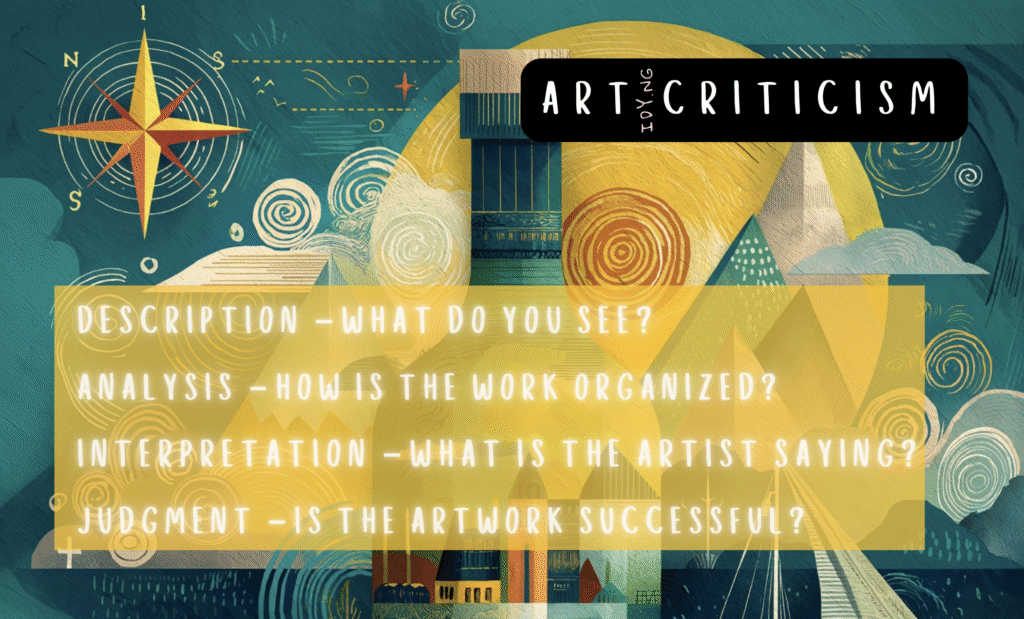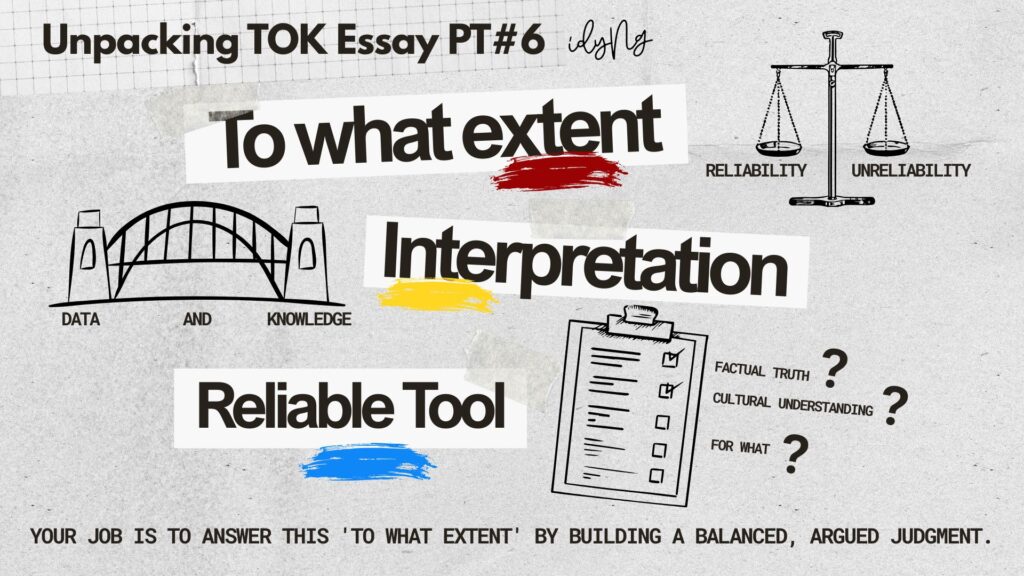The way children perceive their abilities and challenges significantly influences their learning experiences and overall development. At the core of this perception lies the concept of mindset, which can be broadly categorized into two types: fixed mindset and growth mindset. Understanding these mindsets is crucial for parents and educators who wish to foster resilience and a love for learning in children.
Children with a fixed mindset believe that their abilities are static and unchangeable. This perspective can lead to feelings of being stuck when faced with challenges. For instance, a child might think, “I don’t want to learn new things,” or “I made a mistake,” leading them to give up easily and feel defeated. Such thoughts can create a cycle of negativity, where the child believes, “I don’t believe in myself,” and consequently avoids taking risks. This mindset can be detrimental, as it prevents children from embracing challenges and inhibits their potential for growth.

Two vivid experiences illustrate this point. The first involves my son, Sam, who, at the age of five (Kindergarten 3), was eager to draw a complex scene he had envisioned in his mind. When he sat down with his markers, however, he became frustrated as his skills did not match his expectations. After multiple attempts, he declared, “I can’t do this,” and set his drawing aside, feeling disappointed in himself. In that moment, Sam embodied the fixed mindset, believing that his inability to produce the desired outcome meant he lacked talent.
In another instance, I encountered a similar struggle with one of my International Baccalaureate Theory of Knowledge (TOK) students. While working on the Internal Assessment for the TOK Exhibition, he was tasked with exploring the prompt, “Are some things unknowable?” Halfway through his research, he became overwhelmed by the complexity of the topic and expressed a desire to give up, questioning his ability to tackle such profound ideas. This moment of self-doubt mirrored the fixed mindset, as he felt that his current understanding was insufficient and that he could not achieve the insight necessary for the project.
In contrast, children with a growth mindset view challenges as opportunities for learning and development. They approach difficult tasks with excitement, thinking, “I’m excited to learn something new,” or “Mistakes help me grow.” Such attitudes empower them to try again when they encounter setbacks, reinforcing the belief that effort and perseverance lead to improvement. This positive outlook fosters resilience and encourages children to believe in themselves, paving the way for lifelong learning.
To help children transition from a fixed mindset to a growth mindset, it is essential for parents and educators to actively promote positive thinking and self-reflection. One effective strategy is to create a visible reminder of this mindset shift within their environment. Placing a Growth Mindset Poster in the learning space or living room serves as a daily affirmation of the values associated with a growth mindset. This poster can highlight key phrases such as “I will try again” and “I believe in myself,” encouraging children to internalize these empowering thoughts.
Additionally, adults can engage children in discussions about their thoughts and feelings when they encounter challenges. In Sam’s case, when he expressed frustration over his drawing, I encouraged him to talk about what he liked about his attempts and how he could improve. Together, we focused on the process rather than the outcome, celebrating his creativity and effort. Similarly, with my TOK student, I reminded him that research is often a winding path filled with questions and uncertainties. By reframing his experience as a valuable part of the learning process, he was able to regain his motivation and curiosity.
Ultimately, fostering a growth mindset in children requires ongoing support and encouragement from both parents and educators. By promoting a culture of learning and resilience, we can help our children embrace challenges, learn from their mistakes, and develop a lifelong love for learning. As they become more aware of their thought patterns and the power of a growth mindset, they will be better equipped to navigate life’s challenges with confidence and enthusiasm.






